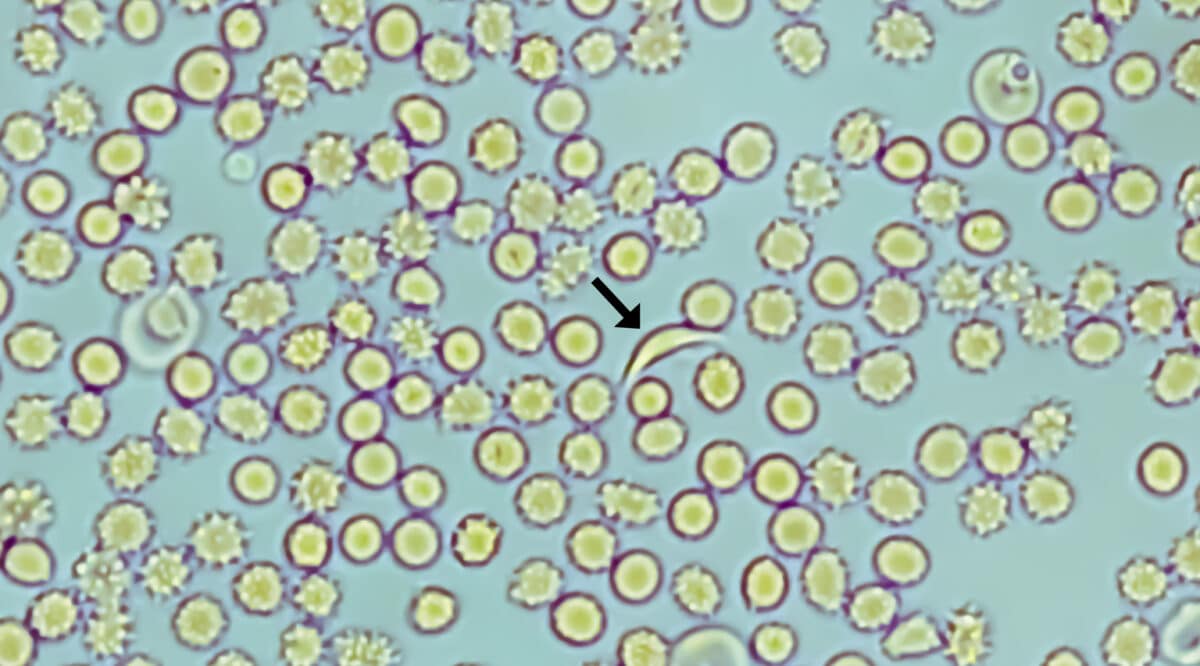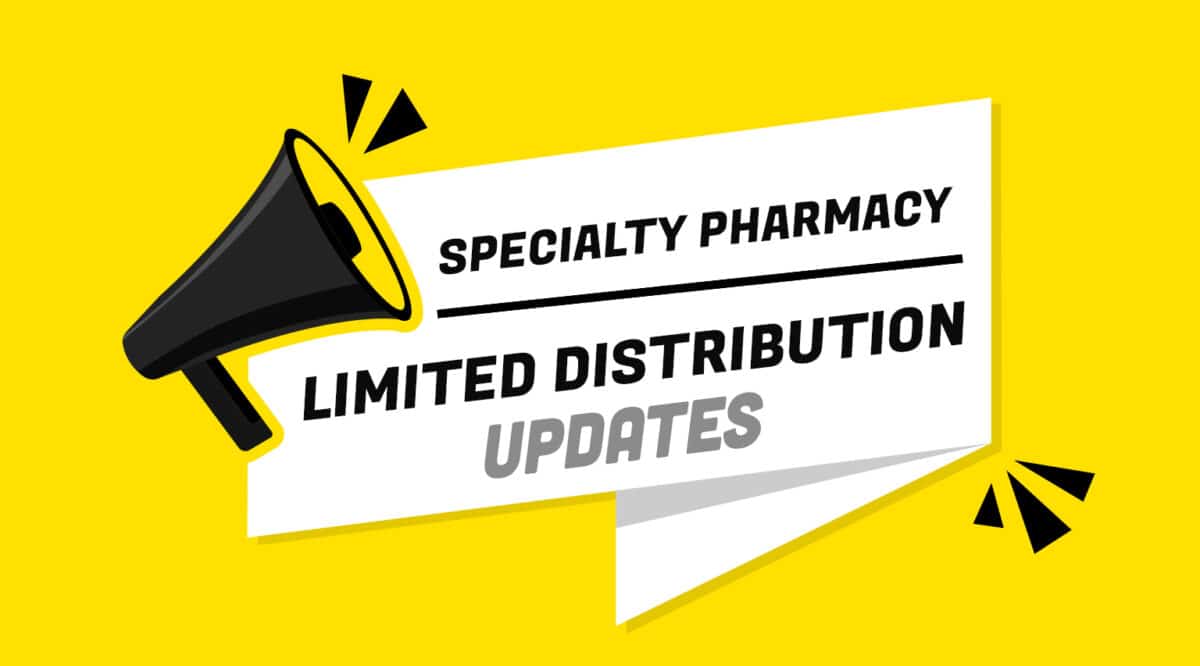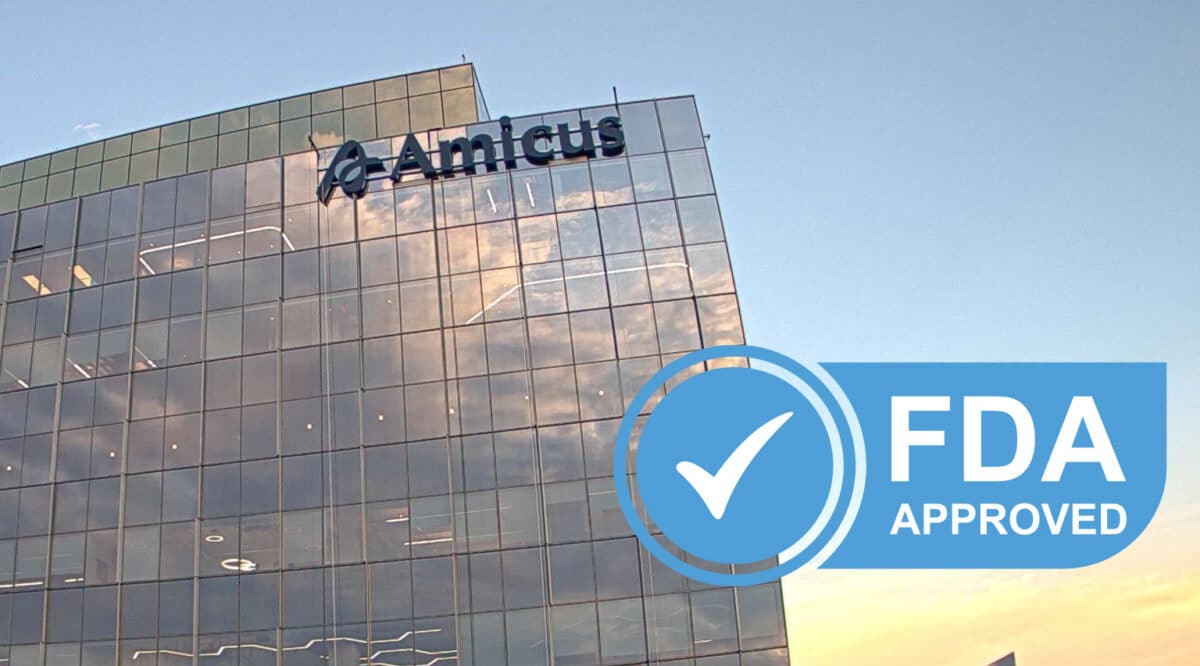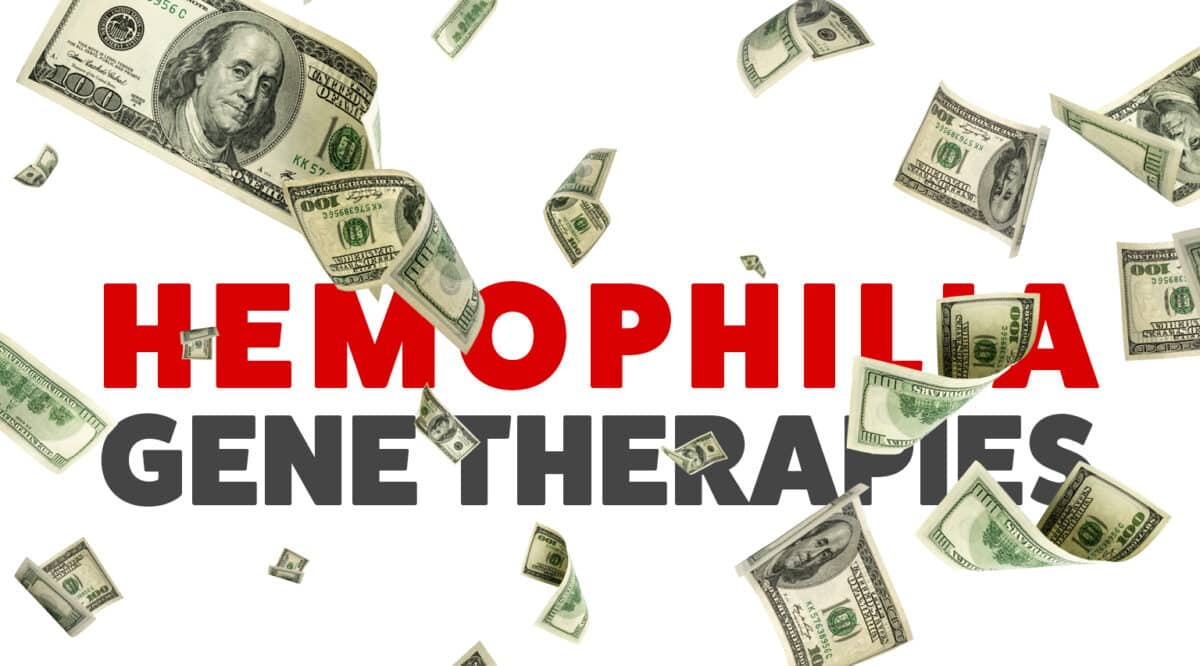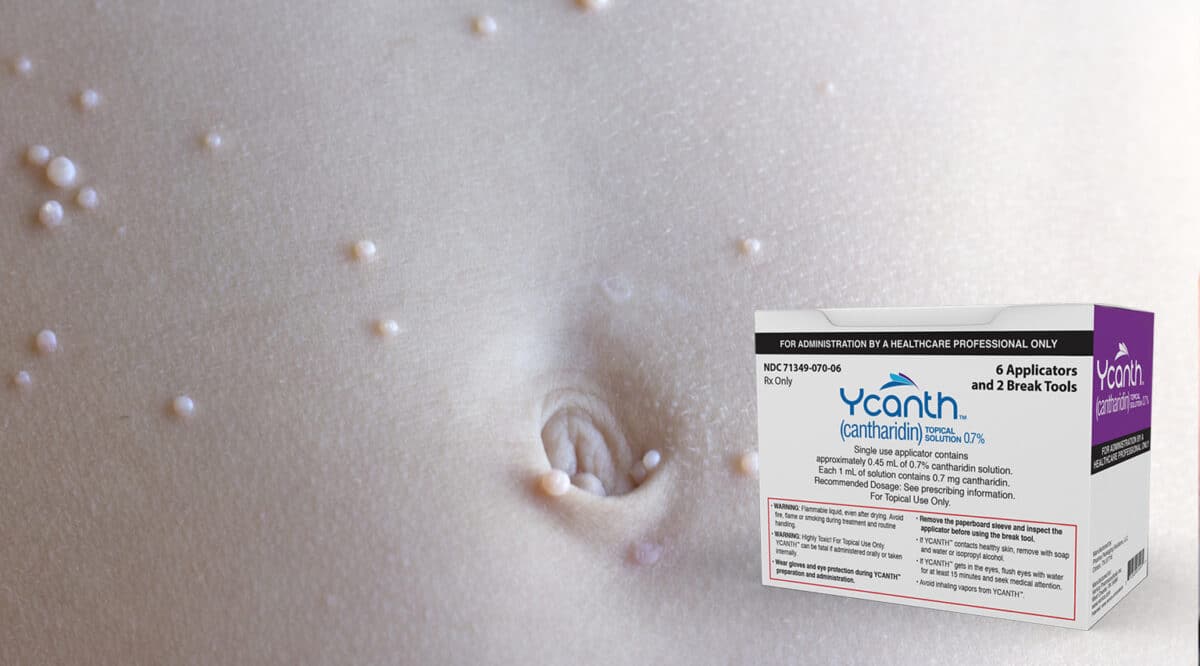Specialty pharmacies produce a lot of reporting…… but, the scope of this reporting may be missing the mark in the evolving competitive marketplace. The real challenge in this new environment will be all about outcomes. The challenge will be not in analyzing and reporting outcomes but, rather, what interventions were used to improve outcomes. Therein lies the rub.
Two articles were recently published that drilled down into the deeper layer of outcomes reporting by forcing health care providers to demonstrate how they are proactively changing outcomes through targeted interventions. Note that we say ’health care providers’, not just the pharmacy. The way to proactively impact outcomes will require participation by multidisciplined, non-siloed teams. Hospital systems are using this mantra to promote their differentiated specialty pharmacy model.
One article lays out a roadmap to consider to navigate these new waters starting with a three-step process
- Environmental scan (developing a list of all potential measures, include quality measures / guidelines for each disease state).
- Expert engagement (rely on subject matter experts to identify the most important measures.)
- Implementation (include front line and informatics expert members in a dedicated team.)
Develop a strategy to produce better outcomes documentation include;
- Determine the value story
- Identify the outcomes that demonstrate value (not just numbers).
- Define outcome goals
- Create targeted data elements to document outcomes
- Collect the data to report meaningful outcomes
- Report outcomes to key stakeholders
The kind of outcomes reporting suggested will be hard…… no shortcuts here.
However, it may be the key differentiator that the market will start to demand.
—————————————————————————————
CLICK each title to access the full article


